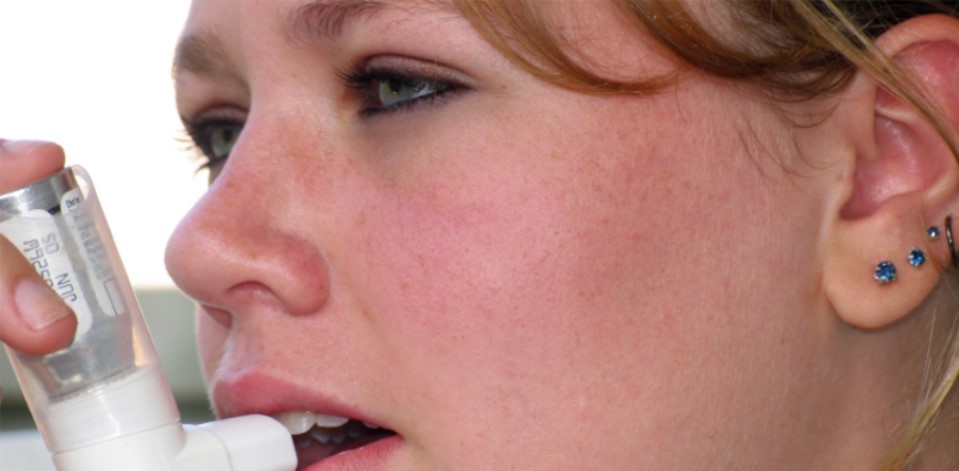by Allergy Partners
April 1, 2024
What Is the Difference Between COPD & Asthma?

Let’s Break Down These Two Lung Conditions
If you or your loved one experiences shortness of breath, wheezing, or coughing, it can be difficult to tell if you are dealing with asthma or chronic obstructive pulmonary disease (COPD). Both COPD and asthma are chronic illnesses that affect the lungs and breathing. Knowing the difference between these two lung conditions is vital in determining how best to address any symptoms you may experience. At Allergy Partners, we understand just how confusing this can be—that’s why we’re here today to help explain what sets COPD apart from asthma!
A Brief Overview of These Chronic Illnesses
Although a detailed comparison is beyond the scope of this article, one can consider the basic differences between the two conditions. Both diseases are considered to be “obstructive” lung diseases, meaning that patients have difficulty exhaling completely between breaths. Obstructive lung diseases can be diagnosed by lung testing called spirometry. In this test, patients exhale forcibly into a machine that measures the amount of air they exhale in 1 second (Forced Expiratory Volume-1 or FEV1) and the total amount of air they exhale in a breath (Forced Vital Capacity or FVC).
The machine then calculates a ratio of how much air was exhaled in the first second vs. the total amount of air exhaled in the breath, which is called the FEV1/FVC ratio. Said a different way, most patients will exhale 70% or more of their breath in the first second of exhalation. If they do not, they are considered to have a form of obstructive lung diseases, such as asthma or COPD.
So Which One Do I Have?
Asthma typically, although not universally, presents at a younger age. Chronic Obstructive Pulmonary Disease (COPD) typically presents later in life (over age 40), and is also associated with shortness of breath, coughing, wheezing, and chest tightness. COPD more commonly has additional symptoms of sputum production and shortness of breath requiring short-term oxygen use. Like asthmatics, patients may feel increased symptoms when exposed to triggers such as fumes or lung infections. Also, like asthmatics, patients with COPD will have a reduction in their ability to exhale and will show reductions in airflow when tested with spirometry.
However, unlike asthmatic patients, COPD patients will not be able to completely correct their lung function, even with treatment. COPD is also associated with permanent structural changes in lung structure, which may be seen in radiological studies such as CT scans. Emphysema is one such permanent change and is a condition of the destruction of alveoli, which are the parts of the lung where oxygen is absorbed into the bloodstream.
Emphysema is often seen in the setting of COPD and is rarely seen with asthma. Tobacco use is by far the most common cause of COPD in developed countries, but other causes for COPD do occur, such as genetic conditions. Alpha-1 antitrypsin deficiency (A1AT) is an example of a genetic condition that causes COPD in patients. This condition can be diagnosed with a simple blood test, and treatment is available to allow patients with A1AT to maintain their lung function.
Understanding Treatment Options
While it can be challenging to determine whether a patient is suffering from asthma or COPD, allergists and immunologists are highly trained in determining the best course of action. Using spirometry testing as well as additional lung tests such PFTs for detailed diagnostics, patients can rest assured knowing that both conditions have effective treatments available.
Allergy Partners Has the Answers
Our team at Allergy Partners is here to help with diagnosing and managing both COPD and asthma so that you can get on the path to breathing better. We understand how overwhelming each condition can feel, but rest assured that we are equipped to provide the treatment and advice needed. If you have any questions about the differences between COPD and asthma, our dedicated specialists will be more than willing to answer them. We are ready to provide a comprehensive solution designed to meet your personalized needs while delivering lasting results.
To learn more about COPD and asthma and which treatment options may work best for you, the local team at Allergy Partners is here and ready to provide personalized guidance. Contact us today!
